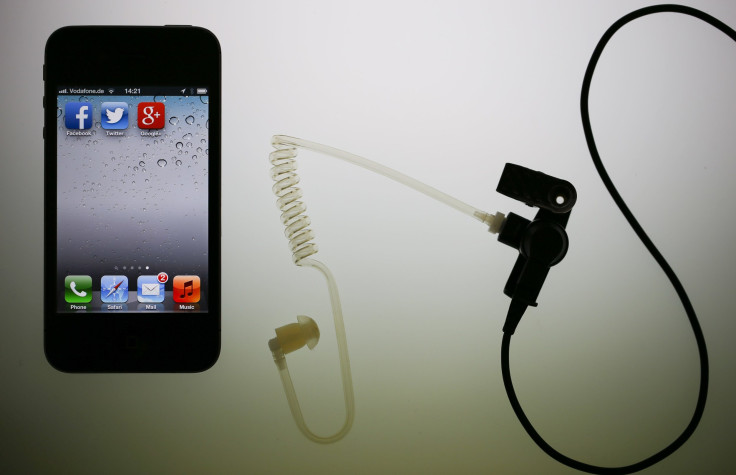White House Panel Proposes Reforms To Curb NSA’s Spying

A panel appointed by the White House proposed reforms to restrict surveillance operations carried out by the National Security Agency, or NSA, including curbs on the bulk collection of phone records.
In a 300-page report released on Wednesday, the five-member panel, recommended that phone records, known as “metadata,” should remain with telecommunications providers or a non-governmental third party, and intelligence agencies should be mandated to seek an approval from the Foreign Intelligence Surveillance Court, or FISC, for each search of the data, news reports said.
Although the panel put forward as many as 46 recommendations, largely calling for more regulatory oversight, there were no recommendations to entirely shut down any surveillance program, Associated Press reported.
“We’re not saying the struggle against terrorism is over or that we can dismantle the mechanisms that we have put in place to safeguard the country,” Richard Clarke, a task force member and former government counterterrorism official, was quoted as saying by AP. “What we are saying is those mechanisms can be more transparent.”
Clarke said the panel does not see any merit in government agencies retaining phone records, adding: “The question is not whether granting the government (this) authority makes us incrementally safer, but whether the additional safety is worth the sacrifice in terms of individual privacy, personal liberty and public trust,” Reuters reported.
The panel was appointed as part of the Obama administration’s response to the leaks of national security files by former defense contractor Edward Snowden, a U.S. fugitive who has been granted temporary asylum in Russia.
The panel’s report was released earlier than expected, shortly after a federal judge challenged the constitutionality of NSA’s surveillance program, in order to avoid inaccurate reporting about the review, AP said.
“The message is very clear,” Senate Judiciary Committee Chairman Patrick Leahy said after the report’s release, according to CNN. “NSA, you've gone too far.”
Leahy said the report indicated that collection of phone records does not necessarily shield the U.S. against an attack, contradicting statements from national security officials that the program had helped foil terror plots both inside and outside the U.S.
“Just because we can collect massive amounts of data doesn't mean we should do so,” Leahy was quoted as saying by CNN.
The panel also recommended curbs on the use of the so-called national security letters -- which grant the government authority to seek financial and phone records without court approval -- stating that judicial approval from FISC needed to be made mandatory.
© Copyright IBTimes 2024. All rights reserved.












